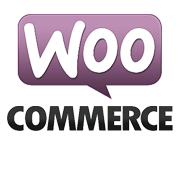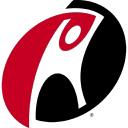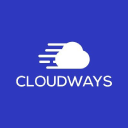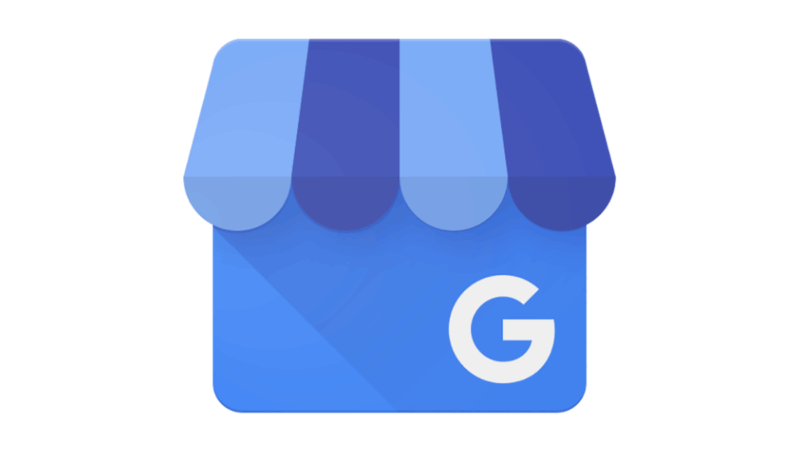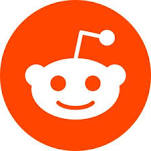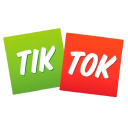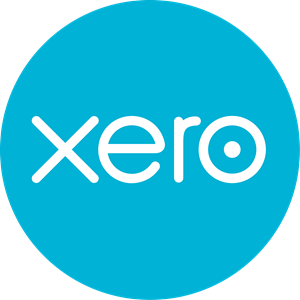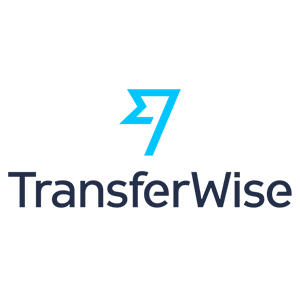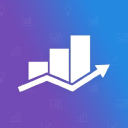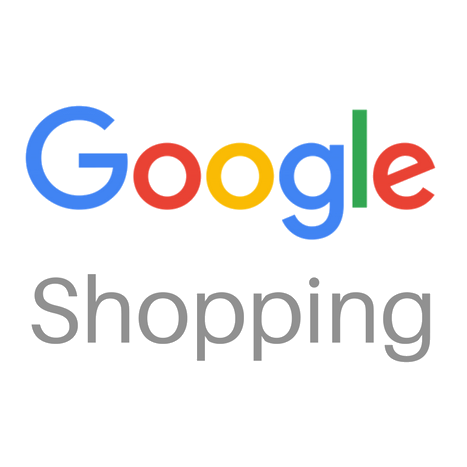How Free Work Helped Us Grow Our Marketing Agency To $11K/Month
Hello! Who are you and what business did you start?
Hi, we’re a couple, Robyn Mays and Richard Eltringham, the co-founders of Digital Butter. 5 years ago we started our profitable digital marketing agency by doing things for free.
In a few words, we grow businesses with digital marketing that works. Our clients come to us overwhelmed and we help them cut out the BS that exists in the marketing world so they can figure out exactly what they need to do to grow within the resources they have.
We have a full-time team of 4 and 2 part-time team members. We’re based in South Africa and have worked with clients in more than 10 different countries. We’ve grown almost completely through the act of generosity and based on word of mouth.

What's your backstory and how did you come up with the idea?
Near the end of high school, Richard taught...


